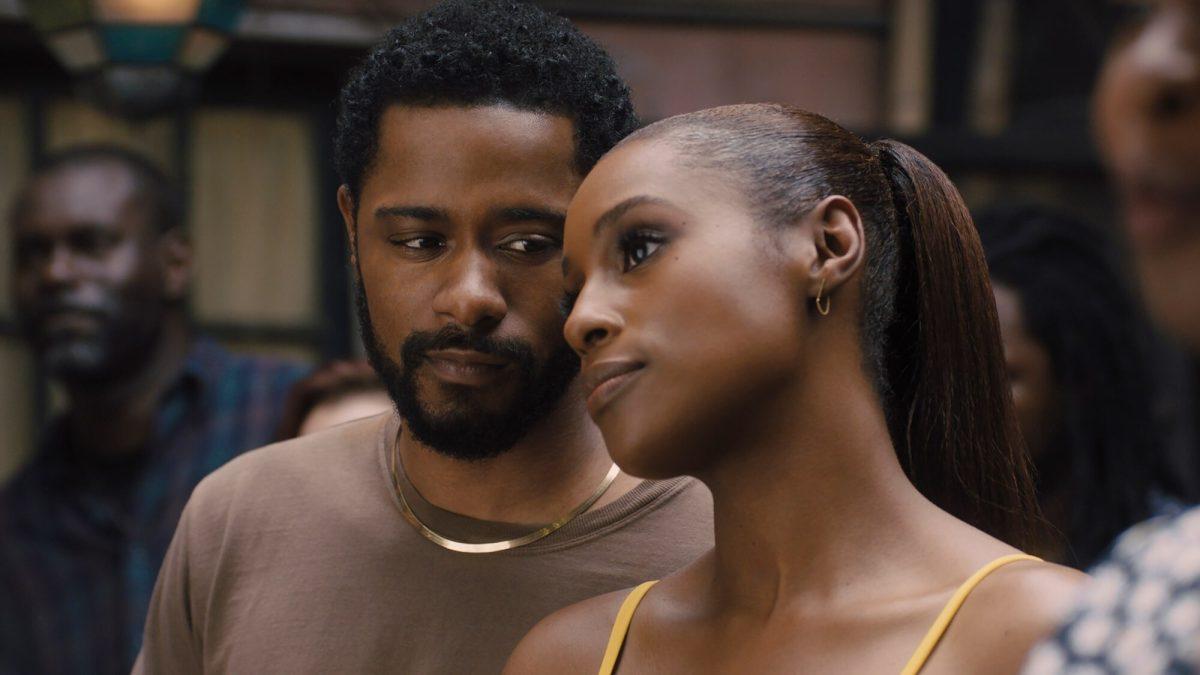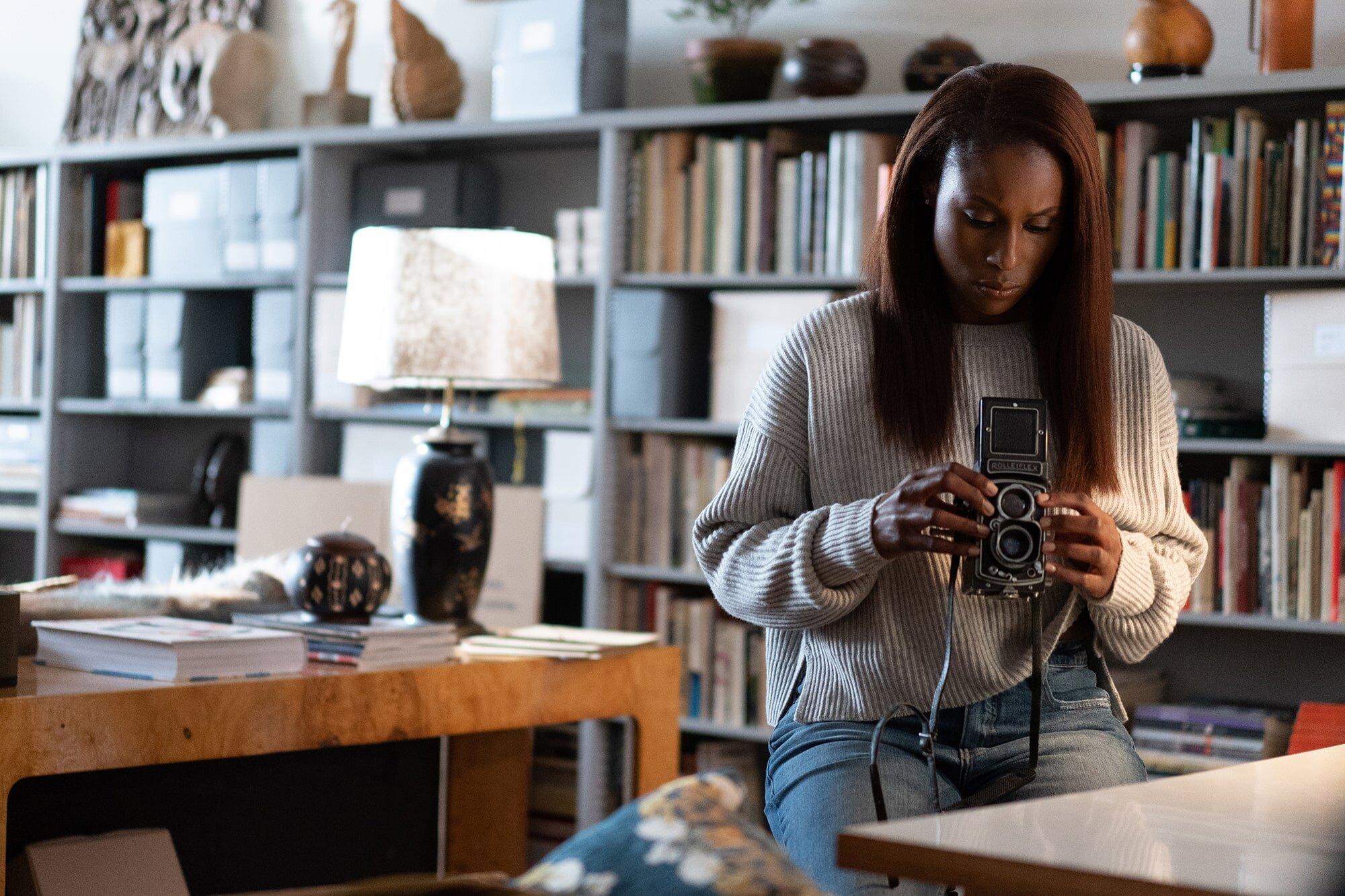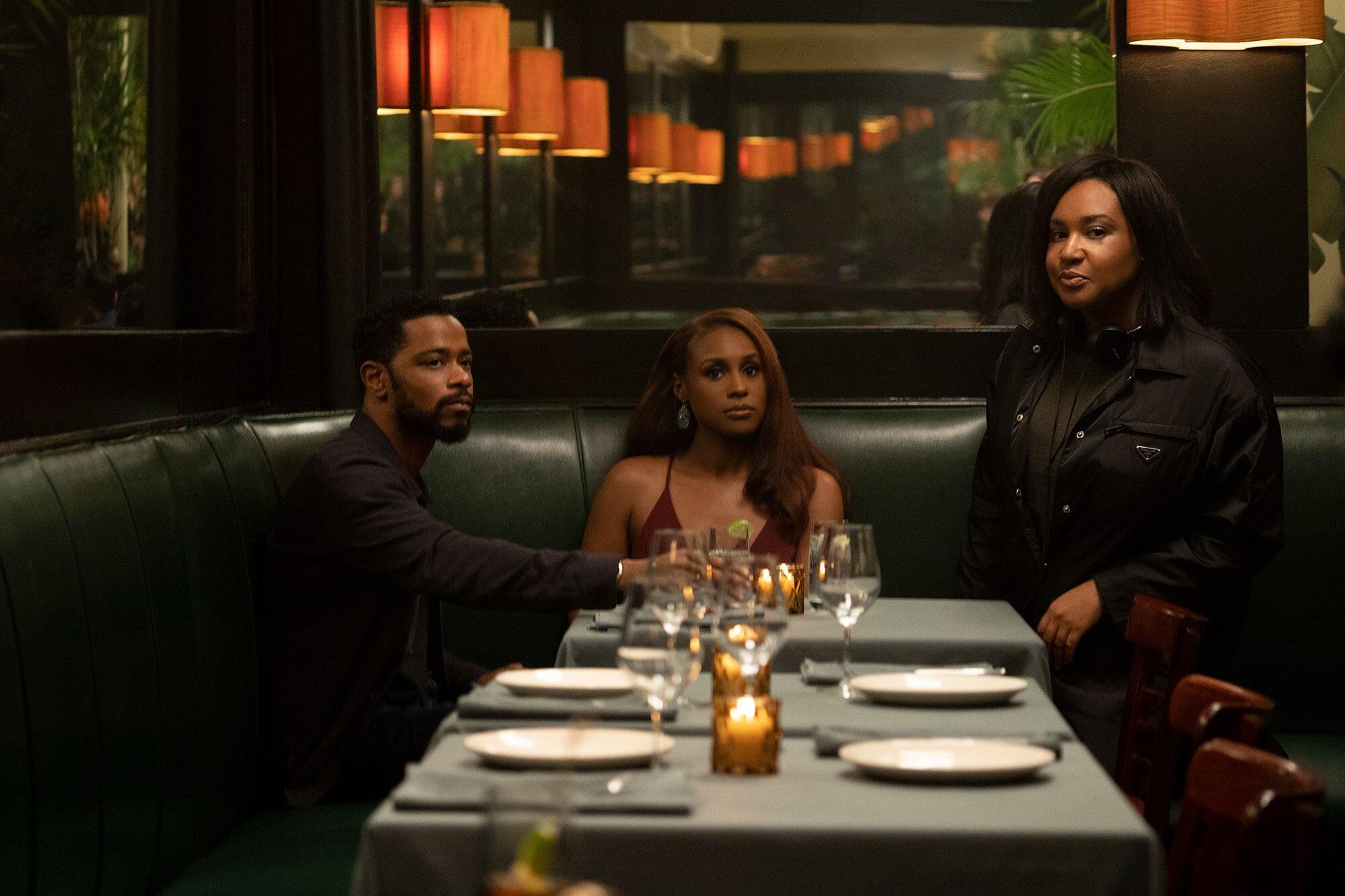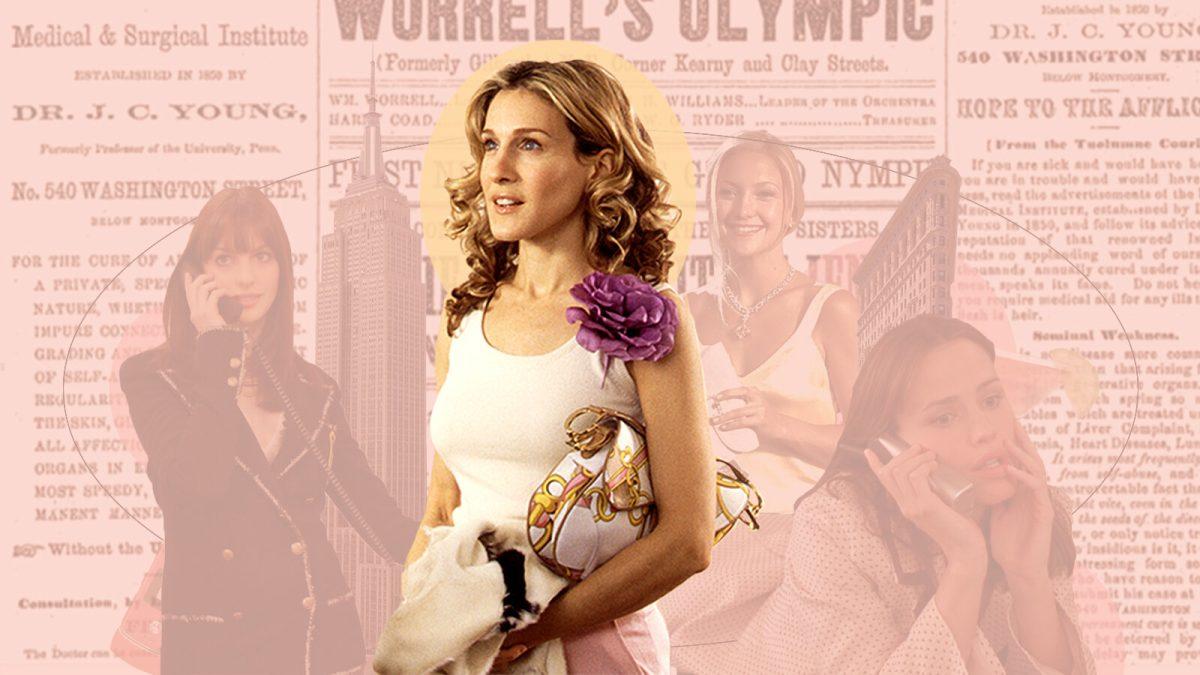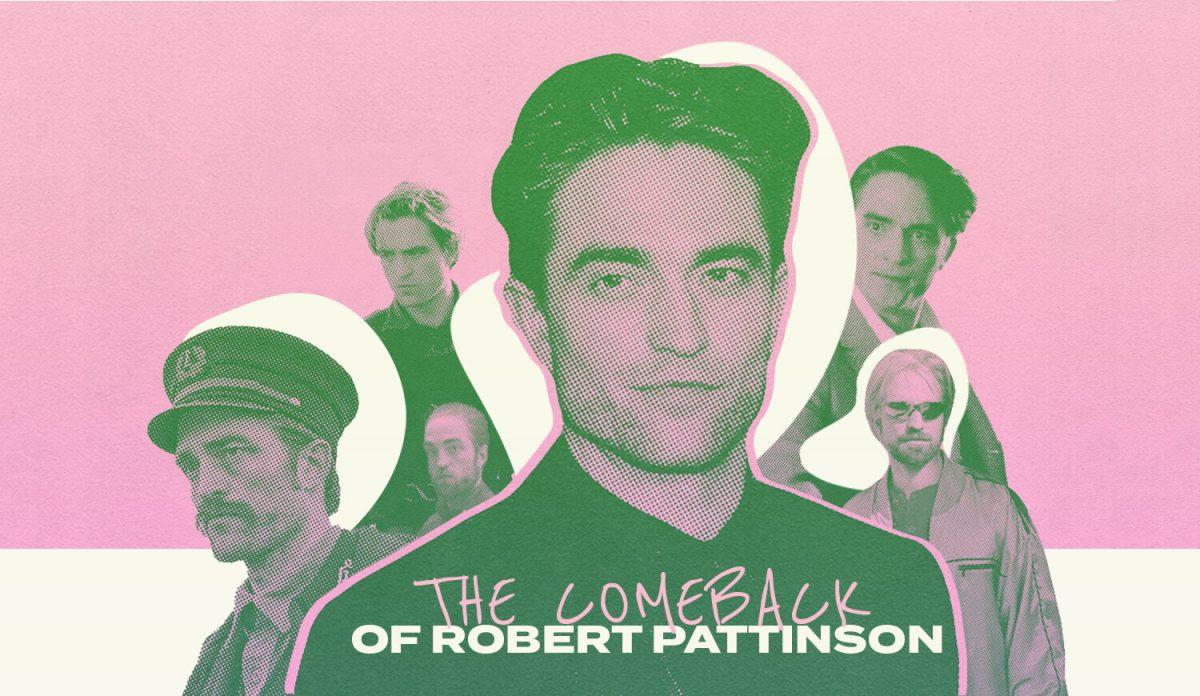Love and intimacy are without a doubt intrinsic to the overall human experience. Everyone craves love whether seldom or often, and most of the time, people often bare an ever-longing desire to see their wishful romances mirrored in cinematic dramas.
Story by Gloria Akinnibosun
Photos courtesy of ThePhotographMovie.com
“It was important for me to have a brown skin girl play Mae and have the same for Michael,” said Stella Meghie, writer and director of “The Photograph” starring Issa Rae and Lakeith Stanfield. “Unfortunately, it’s not seen a lot. As a Black woman, I felt like the onus is on me to do it.”
Issa Rae and Lakeith Stanfield star as the lead characters and love interests in the film.
From older Black romance classics like “Love Jones,” “Jason’s Lyric” and “Brown Sugar,” to more recent releases like “Beyond the Lights,” “Southside With You” and “Moonlight,” Black love has thoroughly upheld various portrayals that connect with a multitude of specific love languages.
“I was 16 watching ‘Love Jones’ on repeat,” Meghie said during a collaborative event with the media platform Shadow And Act in New York City. “It was an adult, very sexy, intellectual, sophisticated kind of love. That film shaped me a lot. ‘Love & Basketball’ was a big thing for me (too).”
However, many Black love storylines are not centered around relatable and peaceful romances. Some are centered around two brown skin individuals attempting to make sense of their feelings for one another while also having to deal with toxic abuse, emotional baggage or trauma. However, cinema now serves the world what may be considered a long overdue Black love story on a silver platter, as Meghie uses careful intention and representation in making Blackness synonymous with romance.
Issa Rae as Mae Morton in The Photograph.
“The Photograph” explores the life of Mae Morton, played by Rae. Morton is museum curator who combats the death of her estranged mother, a renowned photographer. Interestingly enough, the artistic side of Black women who engage in creative mediums like this are rarely brought forward in media.
After Mae uncovers a forgotten photograph in her mother’s belongings, she makes it her life’s mission to dissemble the various parts of her mother’s identity. Through this quest, she crosses paths with journalist Michael Block, played by Stanfield, who ironically happens to be working on his own coverage about Mae’s mother.
The intentionality of the film’s storyline in allowing the two lovers to seamlessly cross paths not only displays a new definition of fate but redefines how romance is digested in this generation ― where finding sustainable love amid your career is deemed possible.
“We’d been talking about relationships and going through relationships and a lot of things in the script, in terms of getting together and breaking up,” Meghie said. “It spoke to what I knew to be my experiences in relationships. I thought it would also be a unique opportunity to see two Black people in love.” The false notion that Black women in heterosexual relationships with Black men cannot find passion simultaneously, in both their personal and professional lives, is immediately challenged. “The Photograph” aims to redefine the narrative that Black women must choose one aspect of their lives over the other, because pursuing both is perceived to be “impossible.”
Lakeith Stanfield, Issa Rae and director Stella Meghie on set of The Photograph. Meghie says it was important to her to tell a story of black love that was not rooted in trauma or violence, but instead, told a beautiful (and relatable) love story.
Issa Rae said she loves that “The Photograph” aims to redefine this myth.
“That narrative is definitely perpetuated…But, it’s not something that I’ve personally experienced with friends and things like that,” she said to Shadow and Act. “It is hard because this is a different time. I think that there are expectations that men have and women have —if we’re talking about heterosexual relationships. I think the dynamic has shifted so much in the last 50 years that people are still trying to adjust. Our generation is more career-focused, we’re not having kids as soon and we’re not getting married as young. Priorities have shifted. We’re a working generation, and I think all of that needs to be taken into account, but I don’t subscribe to those myths.”
More times than not, the cinematic industry rests on centering Black love stories around Black love but tends to hold a limited scope of what it truly means to be dark skinned and on the brim of romance. When Rae learned about playing the role of someone who’d be romantically pursued, she knew it was her chance to take part in a film that could powerfully break grounds for Black romance.
“The script just came my way and I loved the story,” Rae said. “I’ve missed Black romance movies and thought this was just so well written and a story that I wanted to see on screen. That’s what enticed me.”
Darker complexioned women are rarely given a realistic fairytale exhibition of romance and are on rare occasions, the main subjects of rom-coms and dramas. Meghie wanted to change that. According to Shadow and Act, “‘The Photograph’s’ sole focus is Black romance. For the director, it was about seeing two dark skinned Black people fall head over heels.”
For Stanfield, it was vital to see a Black woman take the face of a romance story, as this kind of representation not only expands the societal perspective on love but assists in terminating any preconceived notions that may have been set about those who can partake in romance.
“Men don’t allow themselves to see romantic films mainly out of fear,” Stanfield said. “A woman’s perspective on love is an interesting thing to think about because I’m always thinking about it from my perspective. Now I’m like, ‘Oh there’s another way to look at it.’”
Despite this role being one that Rae never expected to embody, she expresses her gratitude for being given the rare position to enjoy romance.
“I never imagined playing the object of affection,” Rae said. “It’s also not how I operate, but I love those kinds of movies. Given that we haven’t had a lot of representation in that outside of someone like a Nia Long or even a Gabrielle Union, it’s just funny to picture myself in that type of role. Little girl me dreamed to play that, and I get to play along with someone like Lakeith who is also so incredible.”
With love in the air and representation on the big screens, “The Photograph” continues to give a plethora of reasons as to why the inclusive display of something as mere as skin tone in romance matters. This kind of intentionality in releasing films that allow Black women to situate themselves in romance not only spurs hope of creating their own love story one day, but it revolutionizes their way of trusting that they too can find love and pursue their professional dreams.
The Photograph – In Theaters Valentine’s Day https://www.thephotographmovie.com/ On Valentine’s Day, Issa Rae (HBO’s Insecure, Little) and LaKeith Stanfield …































